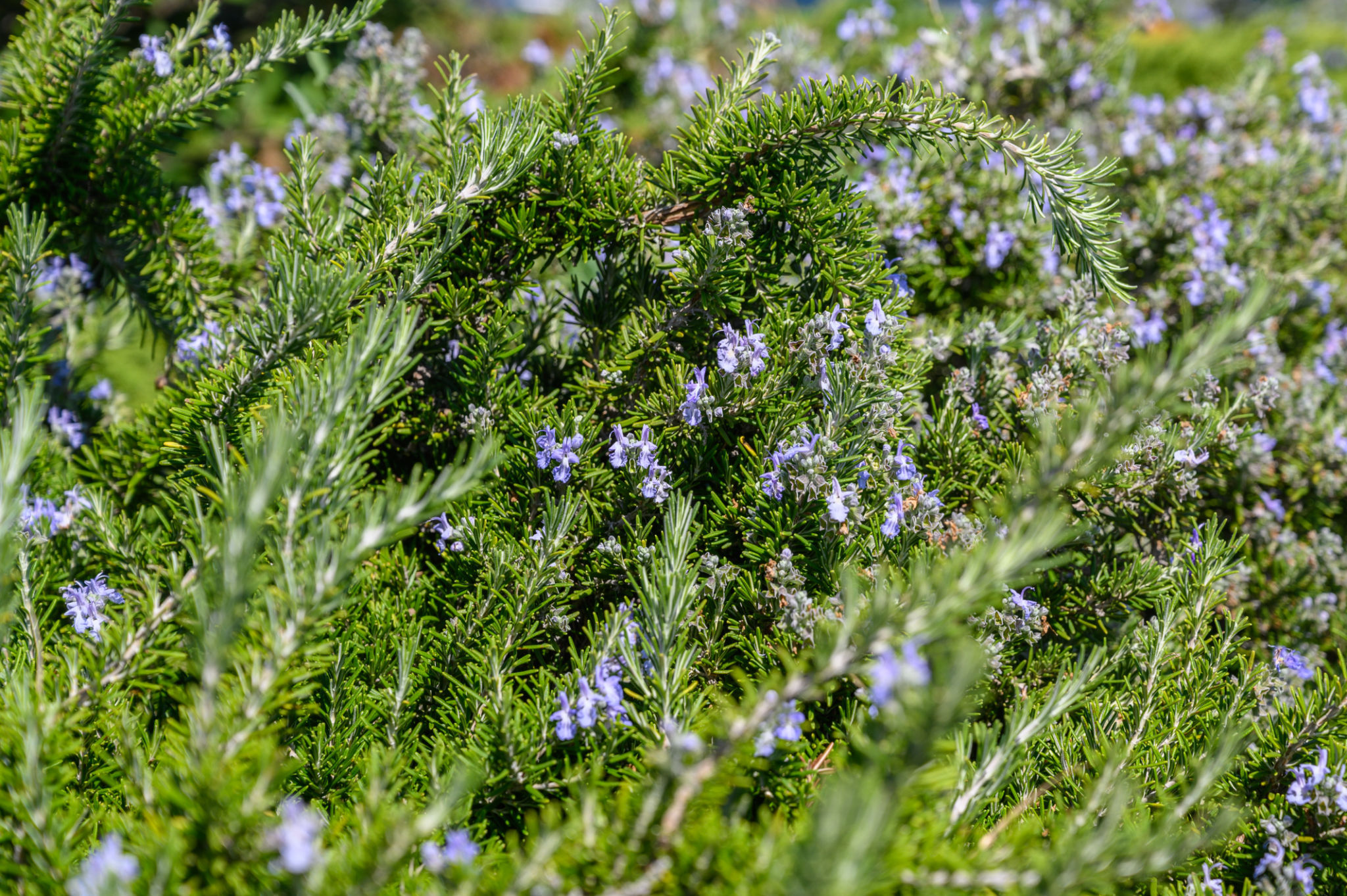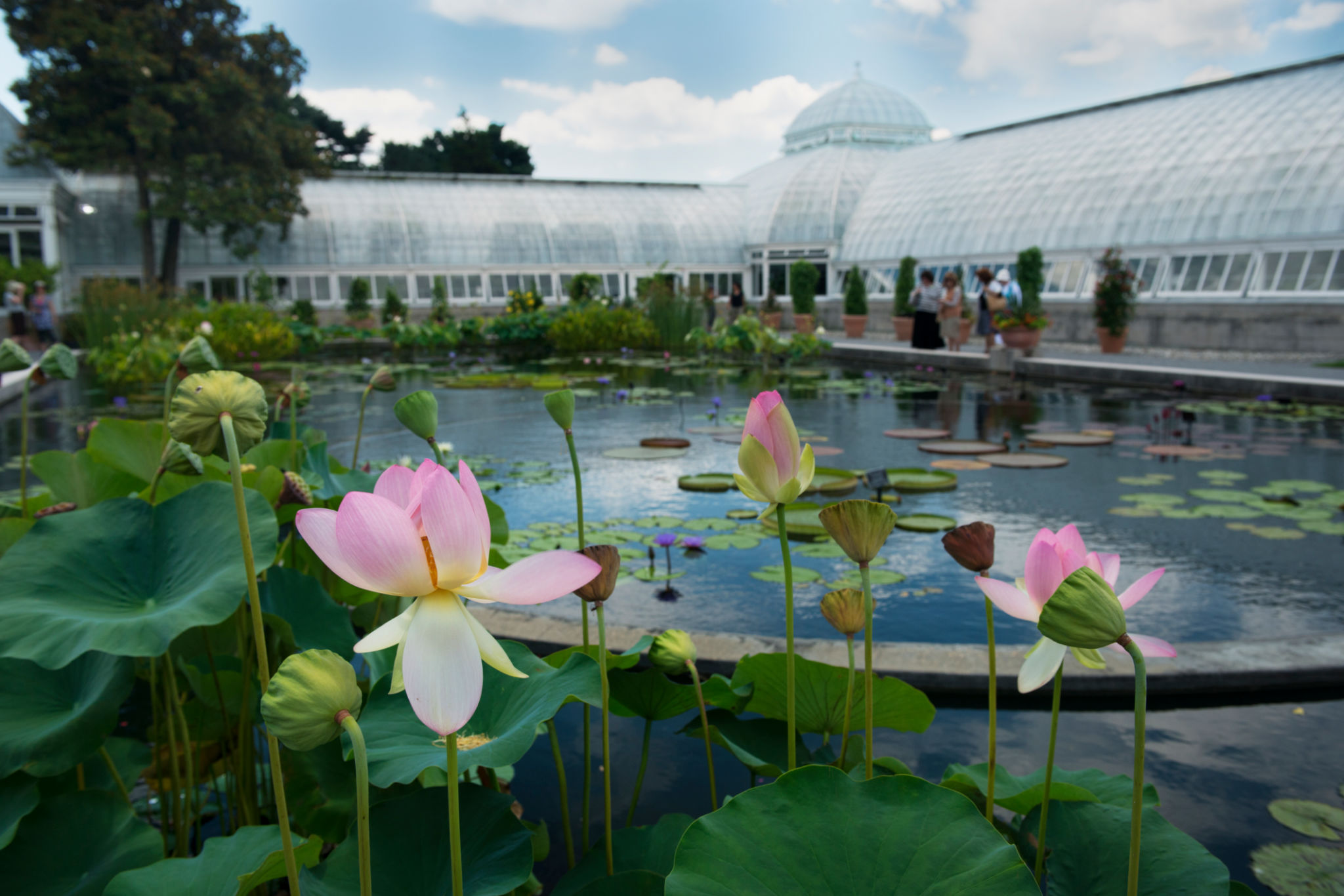Reckoning with Racist Roots: The Movement to Rename Problematic Plant Names
The Origins of Plant Names: A Historical Journey
At INDIGITEA we know that plants are integral to our everyday lives, providing beauty, sustenance, and even medicine. However, the names we use to identify these plants often carry complex, and sometimes controversial, histories. Understanding the origins of plant names can reveal fascinating stories and cultural perspectives that have shaped how we interact with the natural world.
Plant lovers and tea enthusiasts alike have long turned to the natural world for solace, healing, and inspiration. Yet, as we savor the rich history of plant-based remedies and traditions, it is vital to confront a shadow that hangs over the botanical world—the legacy of racism embedded in the naming of some plants.
The Influence of Ancient Civilizations
Many plant names today have roots in ancient languages and cultures. The renaming of plants is more than a symbolic gesture. It is a vital step toward decolonizing science, honoring diverse cultural contributions, and creating a more equitable world. At INDIGITEA, we believe that our relationship with nature should be rooted in mutual respect and understanding. By aligning our language with these values, we create space for healing—for ourselves, our communities, and the planet.


Plants are woven deeply into human history, and their names often reflect the cultural, historical, and scientific narratives of the time. Unfortunately, some plant names carry legacies of colonialism, racism, or insensitivity. Today, many botanists and communities are striving to rename plants with more inclusive, intentional identities.

Let’s sip our tea with intention, knowing that the leaves in our cup come from a world that we are working to make more just, one name at a time.
Colonial Impact and Controversy
The Age of Exploration brought European colonizers into contact with countless new plant species across the globe. This era saw the introduction of many non-native plants to Europe, often resulting in names that reflected colonial perspectives rather than indigenous ones. Some names were given in honor of explorers or botanists who had "discovered" them, rather than acknowledging traditional usage by local communities.
This has led to controversy and calls for renaming certain plants to better reflect their origins and cultural significance. For example, the common name "bird of paradise" refers to a striking flower native to South Africa, previously known by names not representative of its local heritage. The scientific name for the bird of paradise is Strelitzia reginae, which comes from the name of Queen Charlotte of Mecklenburg-Strelitz, wife of George III of England. The specific epithet reginae means "of the queen".

Modern Efforts in Renaming
Today, there is a growing movement to address these historical oversights by renaming plants in a way that respects indigenous knowledge and cultural heritage. Botanical organizations and indigenous communities are collaborating to update plant nomenclature, ensuring it is inclusive and reflective of diverse cultural identities.

Renaming efforts aim to achieve more than just accuracy; they seek to honor the contributions of indigenous peoples to botanical knowledge. In some cases, this involves reverting to traditional names used long before colonial influence altered them.

The Role of Botanical Gardens and Institutions
Botanical gardens and academic institutions are at the forefront of this renaming initiative. They play a crucial role in educating the public about the importance of culturally sensitive plant naming and preserving indigenous plant knowledge. These institutions often serve as living archives of both scientific and cultural information. This movement reflects broader efforts to decolonize science and recognize marginalized voices in natural history.

Incorporating indigenous perspectives into plant names not only corrects historical biases but also enriches our understanding of these plants' roles in various cultures. This holistic approach fosters greater appreciation for biodiversity and human diversity alike.

Conclusion: A More Inclusive Future

Names shape our perceptions. They hold power, conveying respect or disdain, inclusion or exclusion. When plant names reinforce racism, they perpetuate harm by normalizing discriminatory language. The act of naming plants after colonizers/oppressors or using offensive terminology diminishes the humanity of marginalized communities and the beauty of the natural world.

For Indigenous cultures, which have long stewarded plant knowledge, colonial naming practices represent a profound act of erasure. Scientists renaming plants can be an act of reparation, acknowledging traditional wisdom and addressing the injustices of the past.
In our next blog post we will explore ten plants with controversial names, their original implications, new intentional renaming efforts, their medicinal uses, and the cultural contrasts between colonial scientific naming and Indigenous folk naming traditions.
🌿Sipping consciously
Disclaimer: These statements have not been evaluated by the FDA. This product is not intended to diagnose, treat, cure, or prevent any disease.